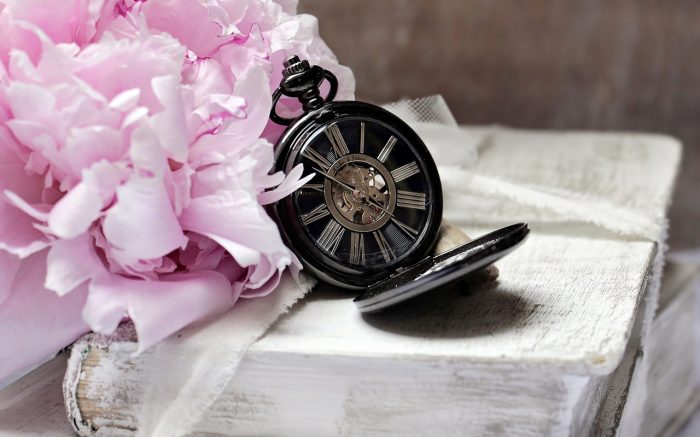Five Powerful Mindsets for a Vital Life
My mother died at age 78. For decades before, though, she lived the life of someone much older. She smoked heavily and, for many years, drank heavily too. She loved fried foods and hated vegetables. She feared going to her internist because he “lectured” her about her lifestyle. “Everybody dies of something,” she’d said when I asked her if she’d be willing to try to give up cigarettes. Chronic obstructive pulmonary disease and equally chronic orthopedic issues due to her sedentary lifestyle eventually lead to a life where she was housebound. Ultimately, she was wheelchair bound. I miss her every day but the life she had was not much of a life and, had she lived longer, her condition would only have worsened. Her early death meant the end of suffering.
I met the Admiral a year after my mother died. He had just celebrated his 101st birthday and chatted with me about his four loves – his late wife, his daughters and Sara, his 79-year-old fiancee.
If you’re thinking the lessons I’ll share from the oldest man I’ve ever known are about diet and exercise, you’re thinking too small. True, he was never a smoker. He ate regularly but not too much at one time. And he exercised every day within the realm of his capabilities, whatever they were. It was the routine that was important, not what he could no longer do.
Observing how he lived taught me how to stay young more than how to stay alive. Here are some of the attitudes and behaviors he modeled for me:
Intellectual curiosity
The Admiral had seen the world before we met and had the privilege of access to experiences and people who, I’m sure, were fascinating. He seemed to accept his days of travel were behind him. Whenever I visited, though, I was struck by the array of reading material in his charming condominium. He regularly corresponded with the publications whose articles he read, giving counter points or amplifying the subject matter based on his knowledge. He was an interesting person and an interested person. This drew people to him and he didn’t lack for company or conversation.
A desire to connect
The Admiral invited Sara out for a date when he was 90 years old. It would have been easy – and understandable to many – for him to have decided that loving companionship was a thing of the past. “Sara is the reason I’m still alive,” he told me more than once. Because he believed his age was not a barrier necessarily to having relationships, he took opportunities to get to know new people and enjoyed the experiences those connections brought.
Appreciation
I never had a conversation with the Admiral where he did not either thank me for my efforts and encourage me in some way or acknowledge his appreciation of the kindnesses or capabilities of other people. I left every small exchange with him, no matter how long or how brief, feeling uplifted.
Enjoyment of simple pleasures
It was evident that the Admiral was a man of means, but when talking with him, it was also clear that he enjoyed a drive in the country, the changes in seasons, the tranquility of his home and the laughter of his friends and family. Unlike many older adults I’ve known whose faces only light up when recalling more youthful times, the Admiral seemed truly able to receive the gifts of the life he was currently living, despite the losses he’d experienced.
Acceptance
At the root of his ability to live a happy life well into his centenarian years, I believe, was the Admiral’s ability to accept. He and my father, who was nearly 20 years younger, had falls that resulted in broken hips within weeks of each other. My father bulked at using a walker and risked additional falls when he insisted he could manage without it. The Admiral, in contrast, accepted the reality of his new normal and got busy living. He lost a woman he adored in his wife. He grieved, he helped his daughters grieve, he kept her lovely paintings displayed on his walls and he accepted that he had years to live without her.
The Admiral died shortly after his 104th birthday. His daughters had thrown him a wonderful party, just as they had for his 100th, 101st, 102nd and 103rd birthdays. He recounted details of his party to me with unabashed delight. Just a few weeks later, he took another fall, this time sustaining a head injury, and he passed away peacefully after a short period of unresponsiveness.
I thought of Wayne Dyer as I stood by the Admiral’s bedside, who’d expressed his desire to live a life where he was “healthy, happy, then dead.” As I write this, I also reflect a quote by Jonathan Swift inscribed on the front of a card I received from my sister-in-law: “May you live every day of your life.”
When we continue to learn, to appreciate, to connect and to enjoy as many of the moments we experience as we possibly can, we truly feel alive. And this, I learned from the Admiral, is how to stay young.












Read 1 comment and reply